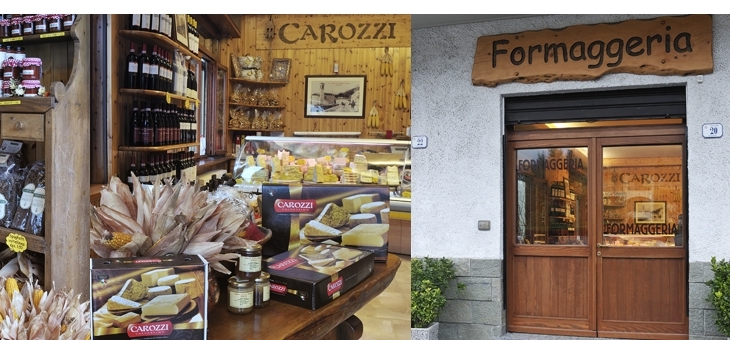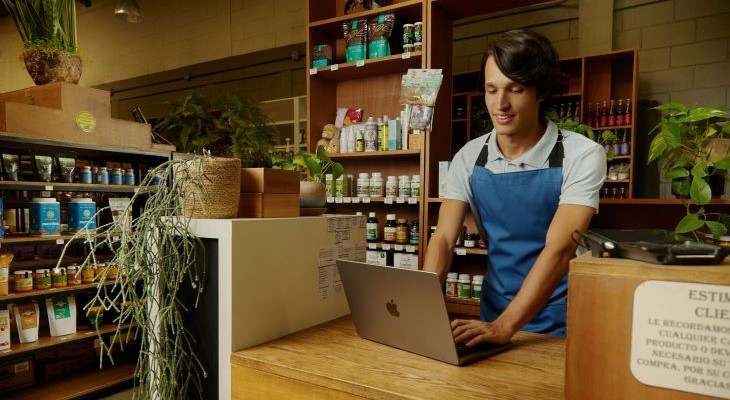Nell’analisi “Lo scenario dell’eCommerce nel Largo Consumo” NielsenIQ evidenzia mensilmente l’andamento a consuntivo dei consumi e delle abitudini di acquisto delle famiglie italiane in relazione agli acquisti online.
I dati raccolti da NielsenIQ rilevano che a settembre 2022 il fatturato progressivo – ovvero da gennaio ad oggi – dell’eCommerce è pari a 1,4 miliardi di € di cui 185 milioni registrati nel solo mese di settembre. L’andamento del canale online (in termini di fatturato) è positivo del +9%, secondo solo ai Discount (10,4%) nel progressivo ma primo fra tutti i distributivi, con 13,7%, se si considera la crescita del solo mese di settembre (vs 2021). I dati rivelano, infatti, che l’online si sviluppa – sia nel progressivo sia nel singolo mese di settembre – più velocemente del canale offline in Italia, precisamente di una volta e mezzo.
La quota dell’eCommerce sul Totale Italia Omnichannel del largo consumo è pari al 2,3% nel progressivo settembre 2022, con valori in leggero rialzo rispetto al periodo precedente e pone il Bel Paese al quinto posto in classifica in Europa.
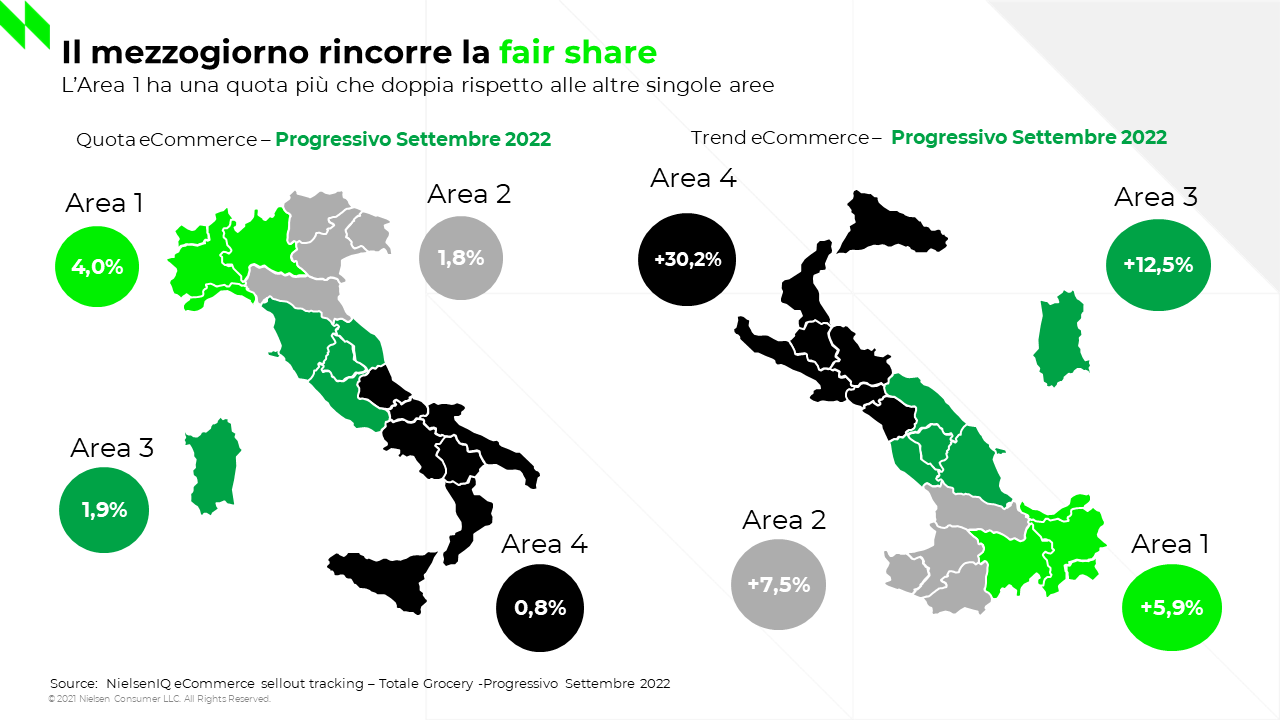 Quante famiglie acquistano online e in che regioni d’Italia
Quante famiglie acquistano online e in che regioni d’Italia
Ad oggi, le famiglie italiane che hanno acquistato prodotti di largo consumo online sono 10,8 milioni, pari al 42% dei nuclei familiari (rilevazione trimestrale). Per questo gruppo, l’eCommerce rappresenta quasi il 10% della spesa complessiva nei prodotti grocery. La penetrazione nelle quattro Aree NielsenIQ vede una concentrazione maggiore nelle Aree del Nord, ma con un Sud Italia in crescita e recupero.
I mesi di luglio, agosto e settembre del 2022 evidenziano tendenze di crescita dell’eCommerce molto alte, in alcuni casi superando sempre la doppia cifra in tutte le Aree NielsenIQ e in generale cresce in tutte e 20 le Regioni d’Italia. Inoltre, nella settimana terminante al 17 luglio 2022 l’eCommerce del largo consumo è cresciuto del 69,7%, grazie anche ad importanti iniziative promozionali esclusive del mondo online. Le Aree del centro-sud a settembre sono quelle che crescono a ritmi più veloci, con un’Area 4 (Abruzzo, Molise Campania, Puglia, Basilicata, Calabria e Sicilia) al 30,2% che cresce 6 volte più velocemente rispetto all’Area 1 (Lombardia, Piemonte, Liguria e Valle d’Aosta) con il 5,9%.
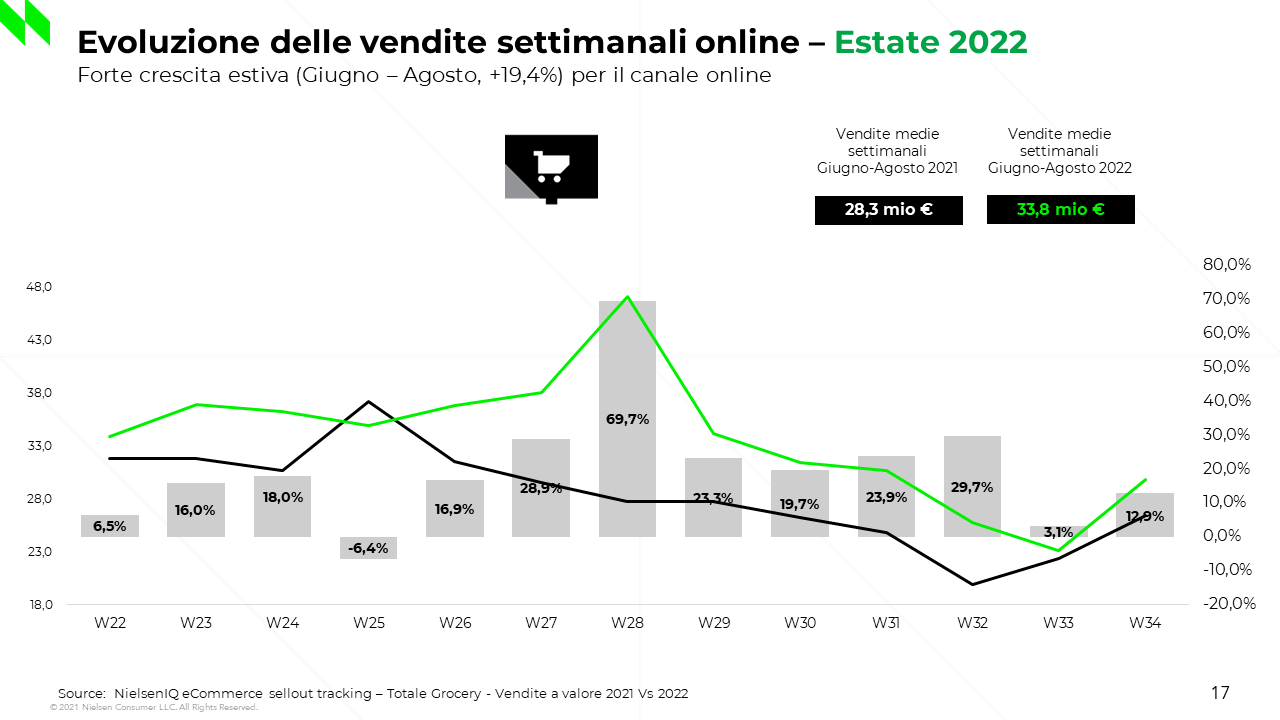 Cosa comprano online gli italiani
Cosa comprano online gli italiani
Nel mese di settembre, la crescita dell’eCommerce è guidata principalmente dal comparto Pet (Animali) e dal Cura Persona, settori digitalmente molto più sviluppati rispetto ad altri, che continuano a registrare tassi di crescita tra il 20% ed il 30%. Bene anche le performance del Food Confezionato, che registra un +15,2%, mentre frena leggermente il comparto Bevande (-1,2%) – in maggioranza alcoliche – in virtù del ritorno al consumo fuori casa da parte degli Italiani.
Metodologia NielsenIQ
NielsenIQ riceve con cadenza settimanale dai partner le informazioni censuarie di vendita per ogni singolo prodotto venduto online che aggrega in banche dati per coprire l’intero perimetro del largo consumo in Italia. NielsenIQ collabora con la quasi totalità dei player della GDO offline e online, compresi i principali pure player.


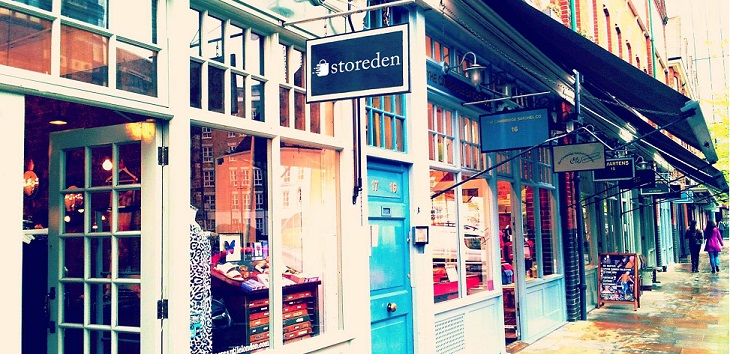

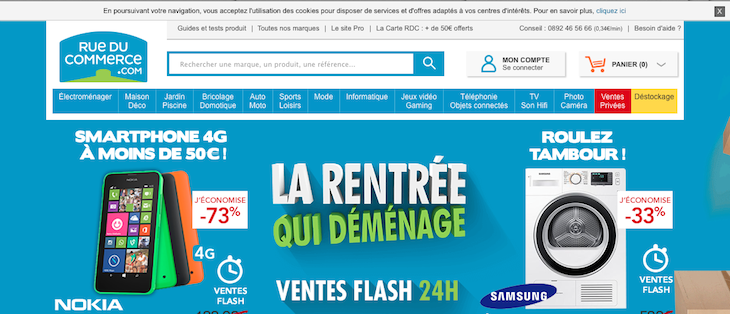
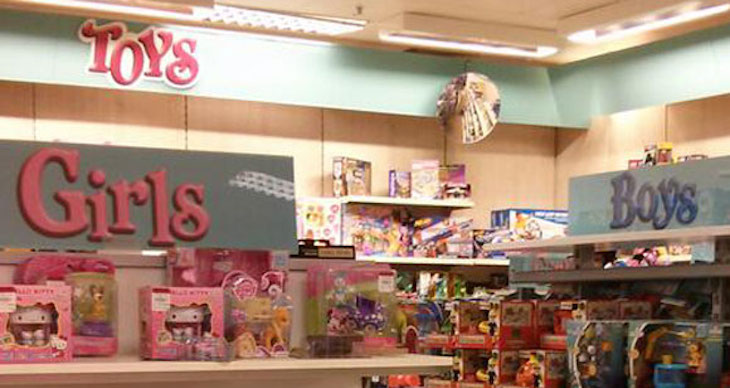
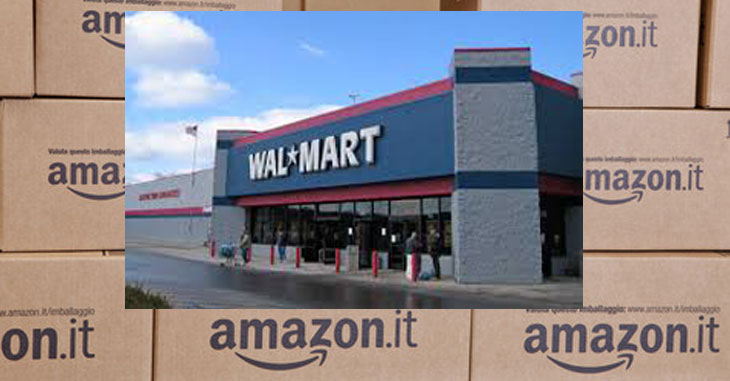
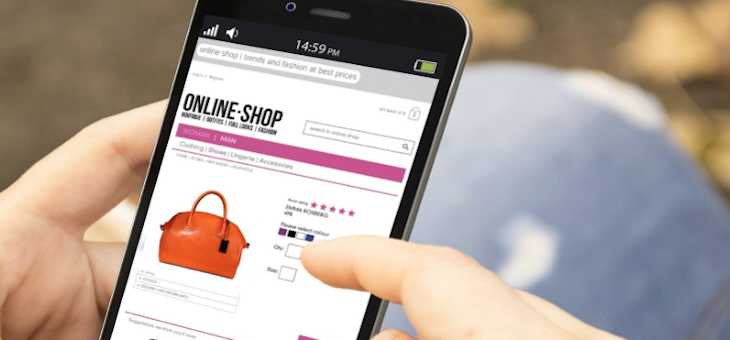



![foto_primotaglio_2[1]](https://www.instoremag.it/files/2015/04/foto_primotaglio_21.jpg)
